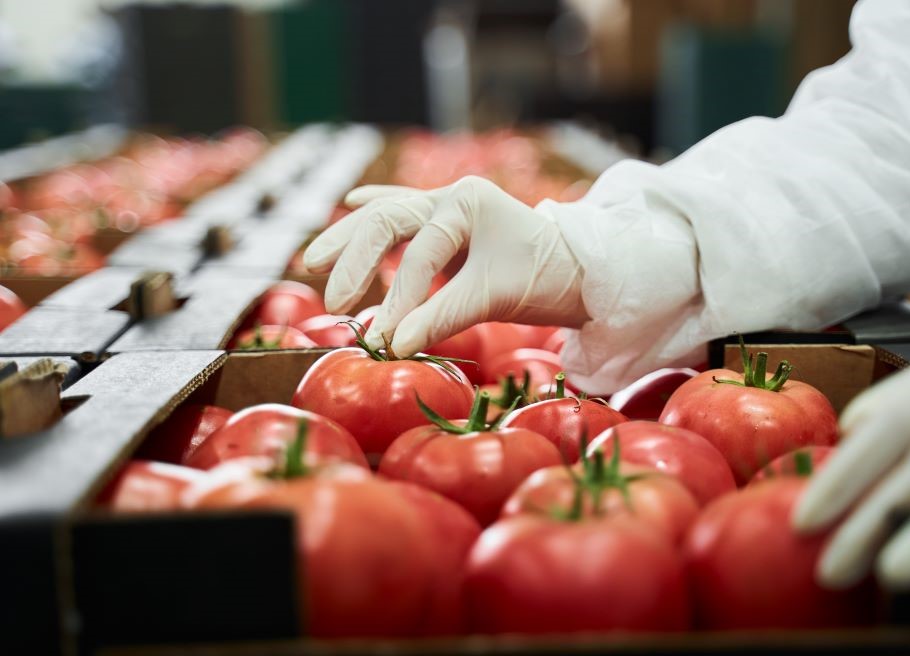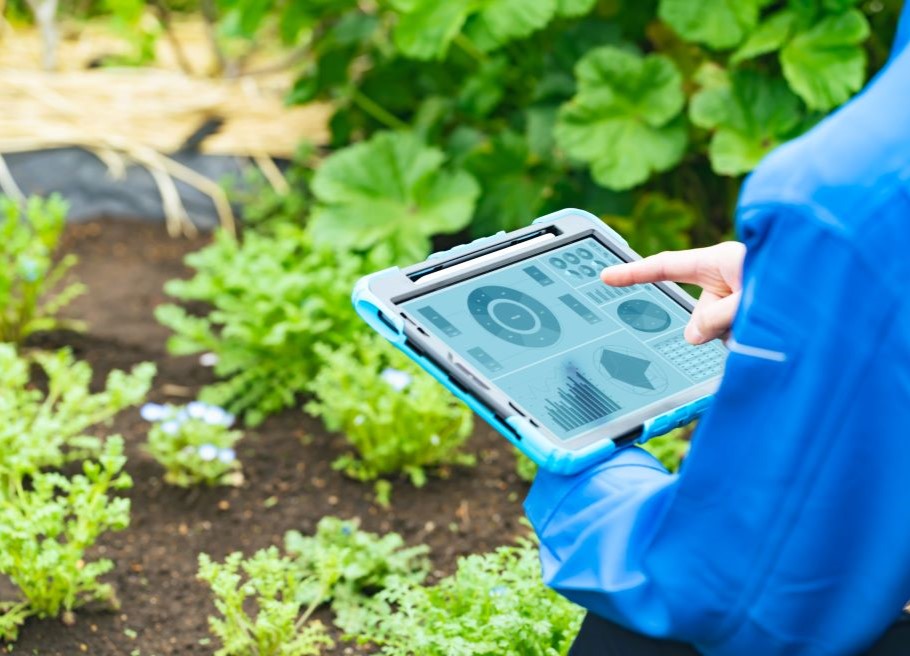Food Safety is Key to a Nation’s Security: Perspectives from Dr. Julian Cox
Transcribed from the Eye on Food Safety with Dr. D Podcast
In the July 2024 episode of the “Eye on Food Safety with Dr. D.” live video podcast, Dr. Darin Detwiler chatted with Dr. Julian Cox, an esteemed microbiologist and food safety expert, about the vital intersection between food safety and national security. They explored how food safety and food security are not just public health concerns but cornerstones of national resilience.
The conversation began with Cox recounting his early exposure to food safety challenges, such as tackling Salmonella issues in the egg industry. This experience sparked his lifelong passion for food safety, particularly as is relevant to his home country of Australia, an island nation.
“There is a really important interface between the food supply and national security, in the sense of the security of our, in many cases, unique flora and fauna that may also have impacts on food safety,” he said.
Cox cited the recent highly pathogenic avian influenza outbreak as a prime example, where over a million birds had to be culled. This significantly disrupted the egg supply. This led to a discussion about the broader impacts of food system disruptions, whether caused by nature, sabotage, or a cyber-attack.
Detwiler noted that the COVID-19 pandemic exposed vulnerabilities in food supply chains, with shortages and waste due to disrupted distribution channels.
“There was food that was going to waste because it wasn’t being, you know, picked up and distributed as part of their normal distribution cycle,” he said.
Cox concurred, highlighting how the pandemic impacted meat processing plants in both the US and Australia due to worker illness.
“We ended up with a lot of workers becoming ill and the meat industry slowing right down. In some cases, plants are actually being shut down completely.”
The conversation underscored the fragility of the food production system and the need for robust preparedness measures. Cox emphasized the importance of proactivity and preparedness, citing the Australian egg industry’s early action to address Salmonella risks, even in the absence of a domestic problem.
Cybersecurity also emerged as a key vulnerability, with Cox discussing the potential for hackers to disrupt food storage and distribution infrastructure.
“We have had cases of cybersecurity hacks here with major telecommunications companies, with some of our medical databases, and so forth. So, we’ve realized that we have to consider whether it could also impact the food supply,” Cox said. “I think that’s reasonable to assume that through disrupting what is an increasingly technological industry, we may see problems with, potentially with distribution through to the leak of personal information.”
Detwiler noted the potential impact of a cyberattack on consumers.
“If someone was to go in and do some type of a hack that was to, you know, mess with the temperature, or mess with, mess with water … that could have a devastating impact. That could have a long reaching, you know, consumer impact,” he said.
Detwiler noted that the general public’s relationship with food has evolved, with consumers now asking more complex questions about quality, safety, defense, and authenticity, rather than simply focusing on availability and taste. He suggests that this shift in consumer awareness and expectations should drive a corresponding evolution in how the food industry and policymakers approach national security considerations.
“I think it’s incumbent on us, particularly in the academic environment, to make sure that any of the issues that potentially impact food safety and quality array,” Cox agreed. “So, I’m certainly the same as you in teaching; we make sure that people are aware of concepts like food fraud, food defense, along with maybe the core principles of managing food safety and quality, you know, HACCP and things like that.”
This dichotomy between advanced, scaled-up food production and distribution systems in urban centers versus more basic, agrarian-based food economies in rural and developing areas is a key point of discussion. Cox acknowledged this dynamic, noting his experiences working in communities in Uganda, where food security is the primary driver, rather than food safety.
“Can we apply the same sorts of rules around food safety to those communities where food security in a strict sense of, do I have enough food to eat, is the primary driver … national security perhaps has a very different meaning for some countries versus countries like where you and I live,” Cox said, referencing the economically developed countries of Australia and the United States.
This highlighted the need for nuanced, context-specific approaches that balance food security and food safety priorities, particularly in regions where basic sustenance is the overriding concern. Increasing awareness and literacy around food safety and national security issues is crucial, not just among industry leaders and policymakers, but across the broader public as well.
“I think it’s a really great question to raise, because once again (in Australia and the US) … we take the food supply almost for granted,” Cox said. “We realize just how fragile the supply can be for us in our advanced economies … there’s a big, wide world out there where a lot of people struggle to get enough food, where food security is the issue. And I think food safety has to be taken in that context, and we need to work towards greater food safety and quality management, but that has to go hand in hand with greater food security.”
This conversation, and all the previous episodes of Eye on Food Safety with Dr. D., are available for listening on Apple Podcasts and Spotify, and video recordings of the live event can be viewed on demand with a Premium Subscription from GFSR.


-
 FeaturedRisk management
The Cost of a Breach: What a Cyberattack Could Mean for Food Safety Recalls
FeaturedRisk management
The Cost of a Breach: What a Cyberattack Could Mean for Food Safety Recalls
-
 FeaturedRisk management
Securing the Food Chain: How ISO/IEC 27001 Strengthens Cybersecurity
FeaturedRisk management
Securing the Food Chain: How ISO/IEC 27001 Strengthens Cybersecurity
-
 FeaturedRisk management
Revolutionizing Food Safety Training: Breaking Out of the “Check-the-Box” Mentality
FeaturedRisk management
Revolutionizing Food Safety Training: Breaking Out of the “Check-the-Box” Mentality
-
 GFSI Standards
GFSI 2025: Building Trust, Tech-Forward Solutions, and Global Unity in Food Safety
GFSI Standards
GFSI 2025: Building Trust, Tech-Forward Solutions, and Global Unity in Food Safety
-
 FeaturedFood Safety
Integrated Pest Management: Strategies to Protect Your Brand’s Reputation
FeaturedFood Safety
Integrated Pest Management: Strategies to Protect Your Brand’s Reputation
-
 FeaturedFood Safety Culture & Training
No Open Door Policy: Challenges That Impact Pest Control in Food Processing Plants
FeaturedFood Safety Culture & Training
No Open Door Policy: Challenges That Impact Pest Control in Food Processing Plants



